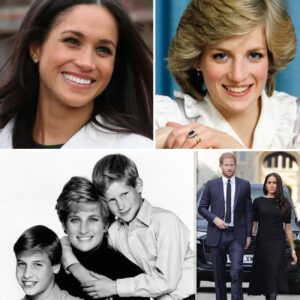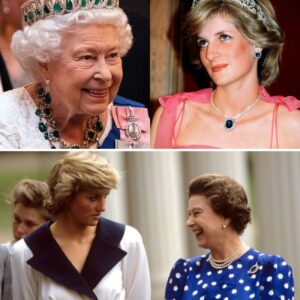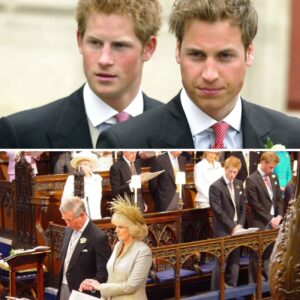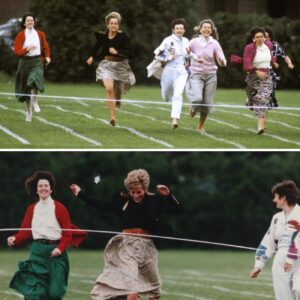Morgan Freeman Gets Candid About Race: “Black History Month Is an Insult”
In a new interview with The Sunday Times, the Oscar-winning actor added, “Also, ‘African-American’ is an insult. I don’t subscribe to that title.”

Morgan Freeman Amy Sussman
Morgan Freeman is opening up about how he found his place as an actor in the middle of the civil rights movement and why he thinks it’s an “insult” for Black history to be just one month every year.
During an interview with The Sunday Times, published online Saturday, the Now You See Me actor said while he owes his career to courage and luck, he also credits changes in America.
“When I was growing up there was no ‘me’ in the movies,” he said. “If there was a Black man in a movie he was funny. Until Sidney Poitier came and gave young people like me the idea that, ‘OK, yes, I can do that.’”
Freeman is, of course, an Oscar-winning actor known for his roles in such films as Million Dollar Baby, Invictus, The Dark Knight, Se7en, Driving Miss Daisy and, most recently, A Good Person, alongside Florence Pugh.
Throughout his decades-long career, Freeman has addressed racism in the industry and society. When The Sunday Times asked him about comments he made in 2005 during an interview with CBS‘ Mike Wallace, where he said the only way to help stop racism was to stop talking about it, he responded, “Two things I can say publicly that I do not like. Black History Month is an insult. You’re going to relegate my history to a month?”
He continued, “Also ‘African-American’ is an insult. I don’t subscribe to that title. Black people have had different titles all the way back to the N-word and I do not know how these things get such a grip, but everyone uses ‘African-American’. What does it really mean? Most Black people in this part of the world are mongrels. And you say Africa as if it’s a country when it’s a continent, like Europe.” He added that people would talk about Irish Americans or Italian Americans, but not Euro Americans.
While there continue to be fights for justice and people’s rights, Freeman added that he’s seen a change in the entertainment industry. “All people are involved now,” he explained. “Everyone. LGBTQ, Asians, Black, white, interracial marriages, interracial relationships. All represented. You see them all on screen now and that is a huge jump.”





